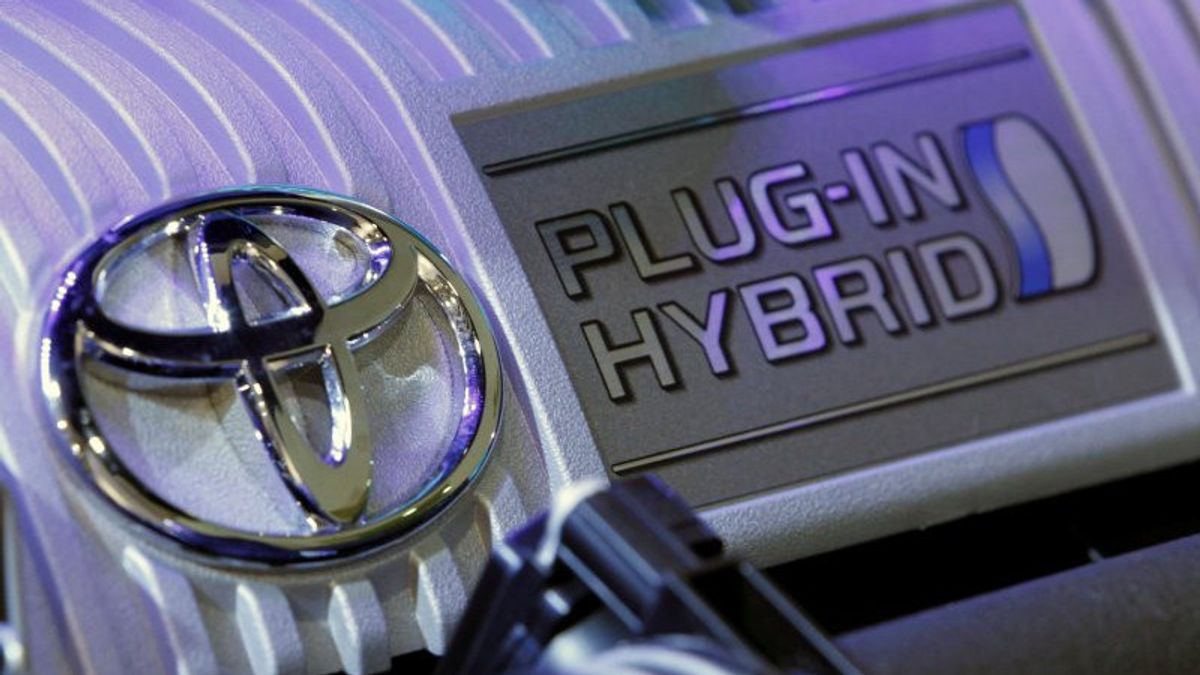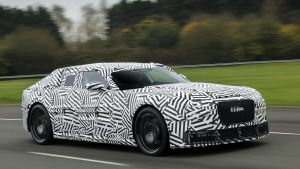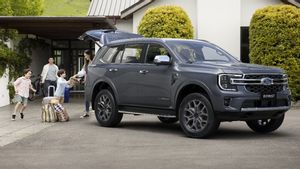JAKARTA – Former Minister of Energy and Mineral Resources (ESDM) Arcandra Tahar talks about electric cars. This time, the energy science expert said about the anomaly of Toyota and Honda which he considered reluctant to develop electric vehicles seriously.
In fact, a pair of Business entities from Japan is a market leader in the automotive industry. So, why did that happen? In an upload on the social networking page Instagram, the Minister of Energy and Mineral Resources 20 days expressed his thoughts.
"As the world's automakers race to design the most efficient electric vehicles (EV) at affordable prices, the automaker and regulator industries in Japan seem to have no interest in participating in this competition. Call it Toyota and Honda", he said through @arcandra.tahar earlier this week.
Meanwhile, other competitors whose business scale and production are below the two automotive giants have actually already entered the 4.0 technology-style business.
"Nissan, through the Leaf, has been in the competition since ten years ago and managed to sell more than half a million units until last year", he said.
However, Nissan's decade-long electric car sales are equivalent to Tesla's sales in the 2020 period alone!
For information, business affairs are not the most basic thing that makes Toyota and Honda don't want to develop full electric vehicles. In fact, these two manufacturers have already pioneered hybrid vehicle technology.
"According to them, cars with a combination of gasoline and electric (hybrid) that should be driven in the transition from fossil fuel cars to EV", said Arcandra.
Because he continued, the majority of automotive companies in Japan still do not believe that electric vehicles are the right solution in tackling the environmental impact caused by the existence of conventional cars today.
"The Japan automaker may not yet believe that EV is the best solution to help reduce exhaust emissions", he added.
For example, EV is not an environmentally friendly technology where the source of electric energy for charging comes from fossil fuels. Ev simply transfers the contribution of exhaust emissions from cars to power plants. Moreover, the power plant in the car factory also comes from fossil fuels. For this reason, the Japanese automaker developed an engine with hydrogen fuel.
Such conditions then get more complicated when large funds have been spent to develop hybrid vehicle technology.
"With this strategy, a lot of funds have been spent to develop hybrid cars in Japan and this investment takes time to return them", Arcandra said.
Quoting from Wikipedia, a hybrid vehicle is a vehicle that uses two or many power sources to drive a vehicle. This designation refers more commonly to hybrid electric vehicles (HEV) that combine a fuel combustion engine with one or more electric motors.
"With this tight competition, it seems difficult to bring profit easily. Therefore, surviving with hybrid technology is an option that must be taken by the Japan automaker", he concluded.
The English, Chinese, Japanese, Arabic, and French versions are automatically generated by the AI. So there may still be inaccuracies in translating, please always see Indonesian as our main language. (system supported by DigitalSiber.id)











